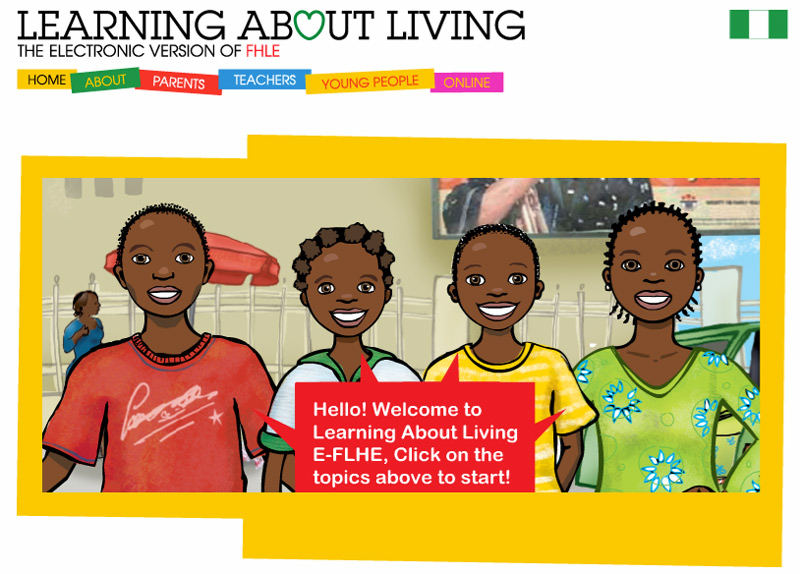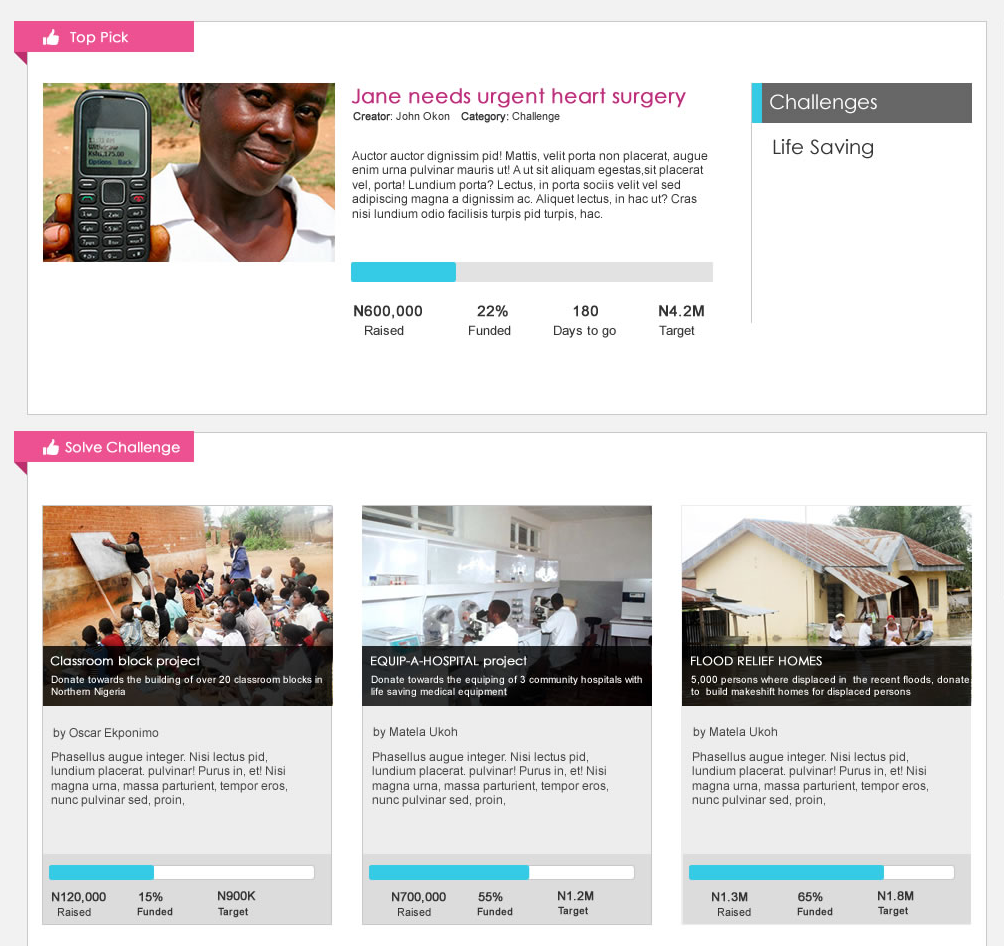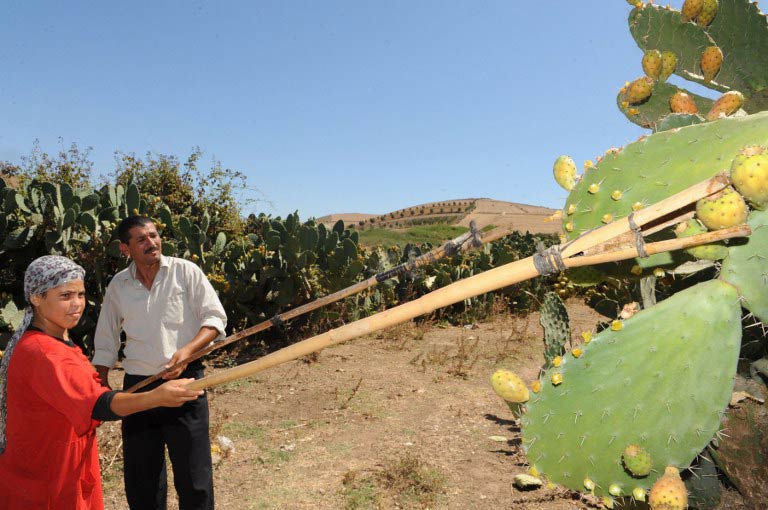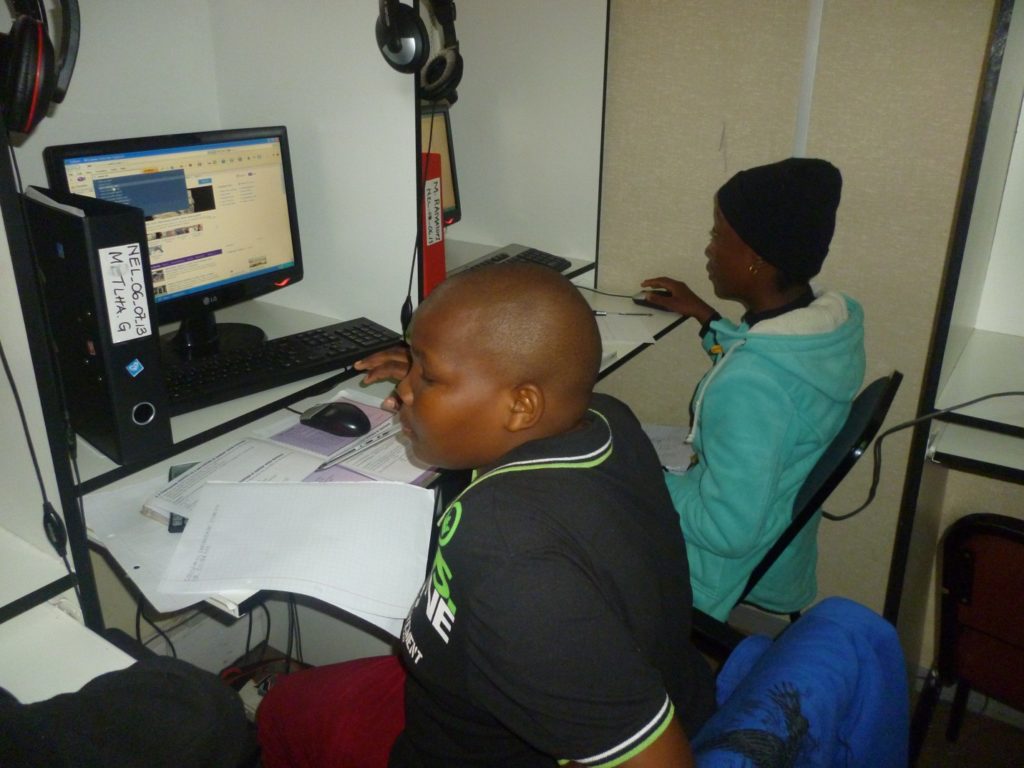I will admit that I paid a bribe at a roadblock just hours before launching an anti-corruption site. In May last year, I was pulled over by a police officer. He inspected my car for “vulnerabilities” and then asked if I had a fire extinguisher. He said I could be fined $20. When I told him that I did not have that much on me, he quickly gave me a way out. “Give me what you have and I will look away.” The alternative was that he would detain me until he knocked off duty – and I didn’t have time for that. I paid him a bribe. I didn’t like it and my conscience weighed me down. Frustrated, I brainstormed, decided to create a website and by the end of the day www.ipaidabribe.org.zw was up and running, thanks to the beauty of open source software.
The site got over 3000 visits in the first two days. It was clear that many Zimbabweans were as frustrated as I was about corruption and now we had a chance to do something about it.
What ipaidabribe.org.zw is all about:
The idea behind ipaidabribe.org.zw is to fight corruption by empowering the crowd. If anyone in Zimbabwe can report corruption (even anonymously) and if the reports are available for everyone to see, a solution to the problem should become obvious to at least somebody. The reason why crowdsourcing the fight against corruption works is because it tackles the three biggest conditions that are conducive for corruption to thrive:
- Opportunity: People get involved in corruption when systems don’t work well and they need a way to get things done regardless of the procedures and laws.
- Little chance of getting caught: A lack of accountability comes when there is little transparency (for example, public officials who don’t explain what they are doing, how and why), and weak enforcement (law agencies who don’t impose sanctions on power holders who violate their public duties).
- Certain attitudes or circumstances that make average people disregard the law. They may try to get around laws of a government they consider illegitimate. Poverty or scarcity of key goods such as medicine may also push people to live outside the law.
What we’ve achieved so far:
The site is now a popular way of reporting corruption in Zimbabwe. It’s been successful in:
- Getting people to start speaking out when they see corruption around them.
- Getting people to talk about how they refused to pay bribes. This gives the crowd a good example of how people can achieve things on the basis of personal integrity.
- Establishing partnerships with media houses and using these to escalate some of the reports
Admittedly, there are areas where I need to improve:
- Verification of reports. One person can only do so much here so I am happy to talk to people and/or organisations that can help with verification of reports. This aspect is difficult to crowd source.
- Escalation of reports. There are still many reports that have not been properly escalated. My idea has always been to have the crowd handle the escalation of reports. We are clearly still a long way from this.
- Marketing. Scaling up too fast was a concern for me because it would increase the chances and number of reports that are not verified and escalated. But it goes without saying that scaling up is an absolute necessity.
From running ipaidabribe, I learnt the following lessons:
- Over 90% of the reports we have received are about corruption occurring at road blocks.
- In fact, in Zimbabwe (the most corrupt country in Southern Africa), the government loses US$ 1-million each year to corruption within the police ranks.
- There is no commitment from within ZRP to deal with such police officers. This is why some of us decided to take matters into our own hands.
- The crowd is willing to expose corruption.
- There will always be people willing to contribute to the fight against corruption
The future of fighting corruption
It is on this basis that I have decided to focus my efforts to fighting corruption on road-blocks. Working with a colleague, we are building what could be the future of the fight against corruption Kombi.
We know that the fight against corruption can be more effective if we change mindsets rather than try to attack specific incidents. Because of this we have decided to build a video game which will be targeted at younger people. The video game is called Kombi, named after a vehicle for public transport that’s an essential service throughout the continent. It’s called a taxi in South Africa, matatu in Kenya, dala dala in Tanzania, tro tro in Ghana, the list goes on.
We chose to go for a video game was because we know that people love games. With a game we potentially engage many people simultaneous because they have a lot of growth potential. The legendary Angry Birds, for example, took only 35 days to reach 50-million people. Compare this with the 3.5 years it took Facebook to reach that same number or the 75 years it took the television to reach the same number of people.
It will be a few months before Kombi hits the market but here is a sneak peek of how it’s going to work:
- Every players starts at the bottom but depending on the points they earn in the game, they can graduate from being a conductor (the lowest level) to being a driver, then kombi owner, then police officer, then ultimately, police commissioner.
- Every player is in a situation similar to that of the average Zimbabwean where they may have to pay/take bribes meet their daily targets or get through the day but every time the pay/take bribes, they lose points and hence take longer to become a police commissioner. The result is that players learn that although corruption can seem to help in the short term, it hurts in the long run.
- The game will be real-time and online – you will be competing with other players to get passengers, fuel, reach the destination faster, etc.
- Third party Developers in different areas can build their own routes and add them to the game. They can also earn money for themselves on the permit fees paid by players to drive on the routes they have developed.
I’d like to invite any game developers (especially those based in Zimbabwe) who would like to get involved in Kombi to send me an email. We don’t care about the platform you develop on for now.
Tawanda Kembo is interested in finding innovative ways to meet social needs. He explore existing methods to see if he can remake or modify them to serve today’s society. He is one of 10 young Africans shortlisted to be a One Young World delegate at this year’s summit. At this event, the M&G’s Trevor Ncube will be chairing a session on African media and what Africans think of their journalists. To share your views, complete this short survey.







